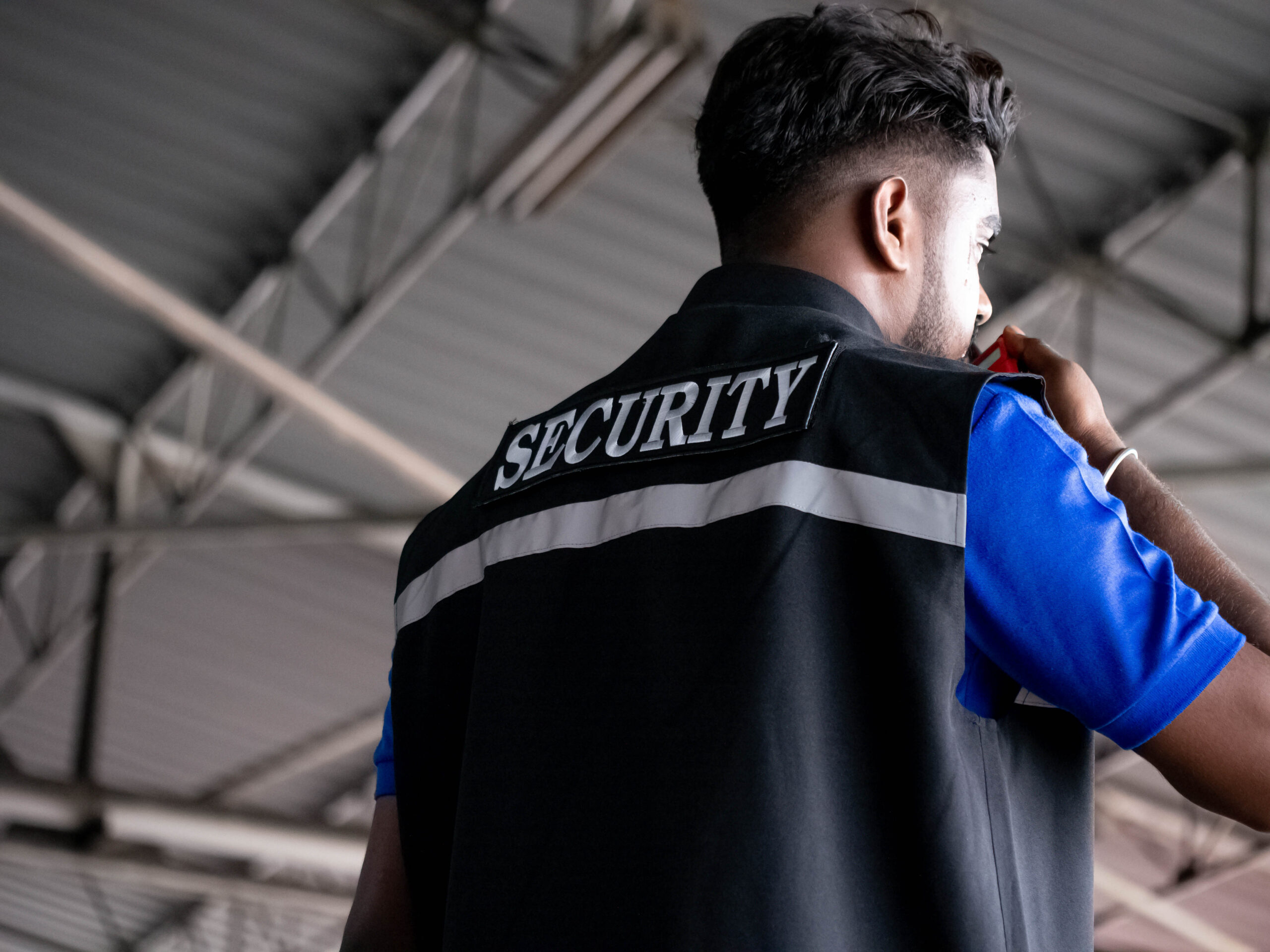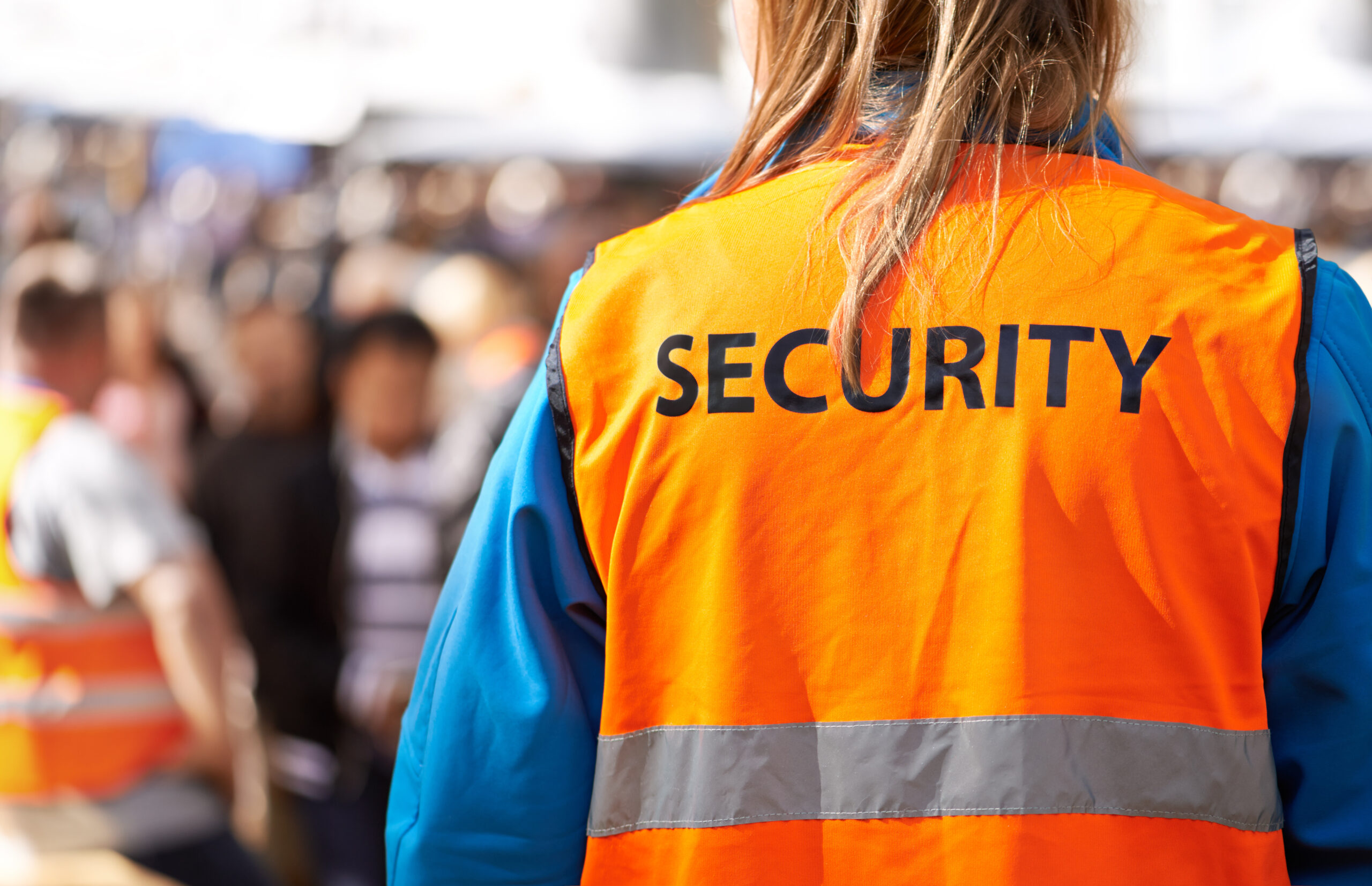Companies face real risks every day—data theft, internal fraud, physical breaches, and compliance issues. Whether it’s protecting office networks or securing access to sensitive areas, businesses need clear strategies to manage threats. Corporate security services help reduce these risks by setting up systems that monitor activity, control entry points, and respond quickly when something goes wrong. From 24/7 surveillance to background checks for new hires, these services cover the basics every company should have in place. This article breaks down the most practical options available so business owners and managers can make informed choices based on actual needs—not guesswork.
24/7 Surveillance and Monitoring
Continuous monitoring is a key part of any strong protection plan. With cameras running all day and night, businesses can keep track of what happens on their property without pause. This kind of setup helps prevent theft, damage, or other unwanted actions before they happen.
CCTV systems allow security teams to see multiple areas at once. These systems record everything in real-time and store footage for later review. If something goes wrong, teams can go back and find out exactly when and where it occurred. This makes it easier to take action quickly and with clear proof.
Alarm systems add another layer by sending alerts the moment there’s an issue. Whether it’s forced entry or motion during off-hours, alarms notify staff or local authorities right away. Quick response reduces the risk of bigger problems like loss or harm.
Many companies use remote access tools that let them view live feeds from any location using phones or computers. Managers don’t need to be onsite to stay informed about their assets. This can help save time while still keeping tight control over operations.
Pairing surveillance with trained professionals ensures faster reaction times too. When alerts come through, someone is ready to act whether it’s calling law enforcement or locking down certain areas until help arrives.
These features make corporate security services more reliable for firms looking to protect offices, warehouses, stores, or other sites around the clock. Having both visual coverage and instant notifications builds a stronger defence system that works every hour of every day without needing breaks.
Real-time oversight also supports employee safety by tracking who enters restricted spaces or checks in after hours. It helps enforce internal rules while also showing clients that safety is taken seriously at every level of business activity.
With constant visibility across all high-risk zones, companies gain better control over security events as they unfold—not just after they’ve done damage.

Access Control Systems
Access control systems help limit who can enter certain places inside a company. These systems use tools like keycards, PIN codes, or fingerprint scans. Staff members only get access to the areas they need for their roles. This keeps important spaces protected from people who should not be there.
Many companies store sensitive data in specific rooms or devices. Access control blocks entry to these spots unless someone has permission. This makes it harder for anyone without clearance to reach private information or valuable equipment.
A good system also tracks every entry and exit. Managers can see which staff entered a room and when it happened. If something goes missing or gets damaged, the logs provide useful details for follow-up steps.
Using electronic locks instead of physical keys adds more control and reduces risk. Keys can be lost or copied easily, but digital credentials can be updated or removed fast if needed. Temporary access is easy to give and cancel when guests or contractors visit.
Some setups connect with camera feeds and alarms as part of broader corporate security services. When combined, these tools offer stronger protection against theft or misuse of property.
Companies often choose different levels of access based on job roles. For example, warehouse workers may not need entry into server rooms, while IT staff might not require access to inventory storage areas.
These systems also help during emergencies by locking down certain zones quickly or guiding people toward safe exits using automated signals tied into building controls.
Access control supports compliance with rules that govern how businesses protect customer records and other confidential files. Without proper safeguards in place, firms risk losing trust from clients and facing legal trouble due to data leaks.
Regular reviews help keep permissions updated as employees change roles or leave the organisation entirely. Keeping track of who has access and why – reduces exposure to unwanted risks over time.
Cybersecurity Solutions
Digital threats target businesses of all sizes. Hackers use tools to access company systems, steal data, and disrupt operations. Malware can infect networks through emails, websites, or unsecured devices. To stop these risks, companies need strong cybersecurity solutions.
Firewalls create a barrier between trusted networks and unknown sources. They block unauthorised traffic and help control what enters or leaves your system. Firewalls reduce the chance of harmful software reaching your internal environment.
Encryption protects sensitive information during storage and transfer. It scrambles data into unreadable code that only authorized users can unlock with a key. This keeps customer records, financial files, and employee details from falling into the wrong hands.
Regular vulnerability assessments help find weak points in your system before attackers do. These checks look at software updates, password policies, access controls, and more. Once gaps appear, IT teams can fix them quickly to prevent breaches.
Employee training also plays a role in defence efforts. Staff should know how to spot phishing emails and avoid unsafe downloads or links. A single mistake by one person can lead to major damage across the network.
Multi-factor authentication adds another layer of identity verification for logins. Even if someone steals a password, they still need a second method like a text code or app approval to get in.
Effective cybersecurity requires ongoing attention – not just one-time setup. Systems must be reviewed often as new threats emerge every day.
These steps form part of reliable security services designed to keep business systems safe from online attacks without slowing down daily tasks or communication flow between teams and clients alike.

Professional Corporate Security Services
Hiring professional security services gives businesses a structured way to manage risk. These services go beyond placing guards at entry points. They include trained personnel, detailed planning, and systems designed for specific business operations. Companies that use these services gain control over who enters their buildings, who accesses sensitive areas, and how incidents get handled.
Security professionals assess the type of risks a company faces based on its location, industry, and size. They then create plans to reduce those risks. This can involve setting up patrol routes, installing surveillance equipment in key zones, or managing access with ID verification systems. Each part is selected based on what matches the needs of that workplace.
Strategic planning is another part of professional security support. Teams review existing procedures and update them as needed. For example, they might improve emergency response steps or adjust shift schedules to cover high-risk hours better. Their goal is to spot weak points before they lead to problems.
These providers also train staff on what actions to take during emergencies like break-ins or data breaches. Some offer drills so teams know how to respond quickly under pressure without confusion or delay.
Another benefit includes regular reporting tools that track activity across sites and record incidents for future reference. Managers receive updates about visitor movements and any irregular events noticed by staff or camera systems.
This approach helps companies stay ahead of threats instead of reacting after damage happens. By choosing skilled professionals with a clear system in place, businesses ensure their people and assets stay protected around the clock without relying only on guesswork or general solutions.
Securing the Modern Business Landscape with Strategic Protection
As threats to businesses continue to evolve, implementing a comprehensive security strategy is no longer optional – it’s essential. From 24/7 surveillance and monitoring to robust access control systems and advanced cybersecurity solutions, each layer plays a critical role in safeguarding assets and operations. Professional corporate security services bring these elements together, offering tailored protection that adapts to your company’s unique needs. Investing in the right security infrastructure not only prevents potential breaches but also ensures business continuity and peace of mind. Prioritising security services is a tactical move every modern business must make to stay resilient and competitive.



